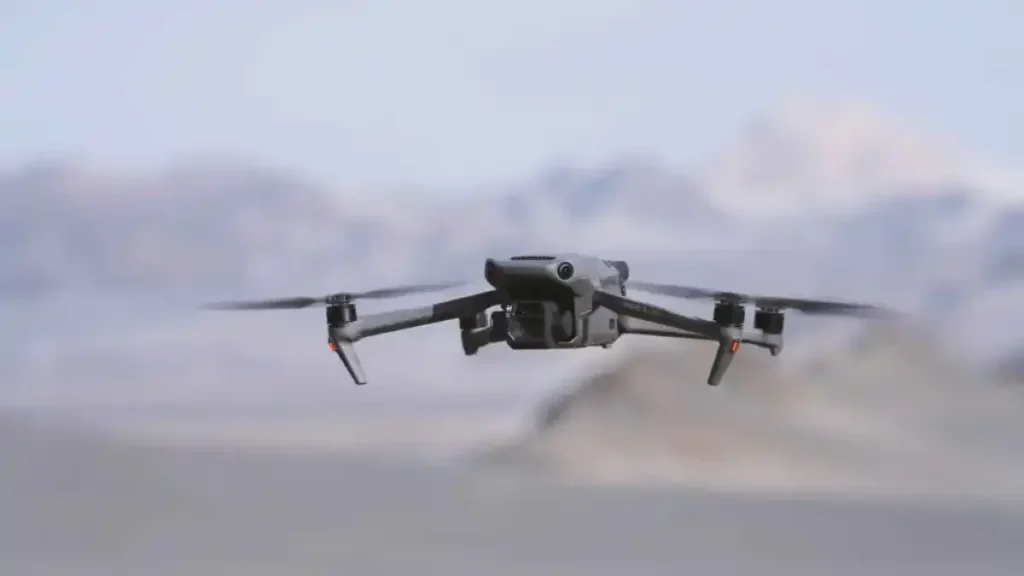Background on Key Figures and Relevance
Andri Yermak, head of the President’s Office of Ukraine, Volodymyr Zelensky, has accused Russia of using drones equipped with Indian components for attacks on Ukrainian soil. This revelation comes amidst rising tensions between Russia and Ukraine, with the United States also taking a stand against Russian aggression.
Volodymyr Zelensky, the President of Ukraine, has been at the forefront of his nation’s defense against Russian invasion since 2019. His leadership has been marked by diplomatic efforts to maintain peace while simultaneously strengthening Ukraine’s military capabilities. Zelensky’s office, led by Andri Yermak, plays a crucial role in coordinating these efforts and ensuring transparency regarding Russian military actions.
On the other side of the geopolitical chessboard, Donald Trump, former President of the United States, has recently announced plans to increase tariffs on Indian imports. This move is reportedly in response to India’s continued purchase of Russian oil, despite international pressure and condemnation.
Key Developments
- Accusation: Andri Yermak, head of Zelensky’s office, has accused Russia of using drones with Indian components for attacks on Ukrainian territory, targeting both military and civilian targets.
- Specific Drones: The drones in question are the Shahed/Geran models.
- Response from India: The Indian government has defended its decision to import Russian oil, calling the criticisms from the US and EU “unjustified and irresponsible.” India has emphasized its commitment to safeguarding national interests and economic security.
Contextualizing the Situation
The ongoing conflict between Russia and Ukraine has drawn international attention, with numerous countries expressing concern over human rights violations and military aggression. As tensions escalate, allegations of foreign involvement in military technology add another layer of complexity to the situation.
India, a significant global player with its own geopolitical interests, finds itself navigating a delicate balance between maintaining strong diplomatic ties with Russia and adhering to international pressure. The Indian government’s stance on continuing oil imports from Russia, despite criticism, underscores this intricate positioning.
Impact on the Conflict
The revelation of Indian components in Russian drones used against Ukraine has several implications:
- Technological Support: It highlights the extent of international collaboration in military technology, potentially exposing vulnerabilities in global supply chains and prompting nations to reassess their defense strategies.
- Diplomatic Tensions: The accusations and subsequent reactions from both Ukraine and India could further strain relations between these nations and their respective allies, potentially reshaping global political alignments.
- Humanitarian Concerns: As the conflict continues, the use of advanced weaponry like drones against civilian targets exacerbates humanitarian concerns and calls for stricter regulations on the proliferation of such technologies.
This situation also raises questions about the accountability of countries supplying military technology and their responsibility for its end-use.
Key Questions and Answers
- What is the main issue? Ukrainian officials have accused Russia of using drones with Indian components for attacks on Ukrainian territory, targeting both military and civilian targets.
- Which drones are in question? The Shahed/Geran drone models are the focus of the accusations.
- How has India responded? The Indian government has defended its decision to import Russian oil, calling the criticisms “unjustified and irresponsible,” while emphasizing its commitment to national interests and economic security.
- What are the implications? This situation highlights international collaboration in military technology, raises questions about accountability, and exacerbates diplomatic tensions while intensifying humanitarian concerns.






